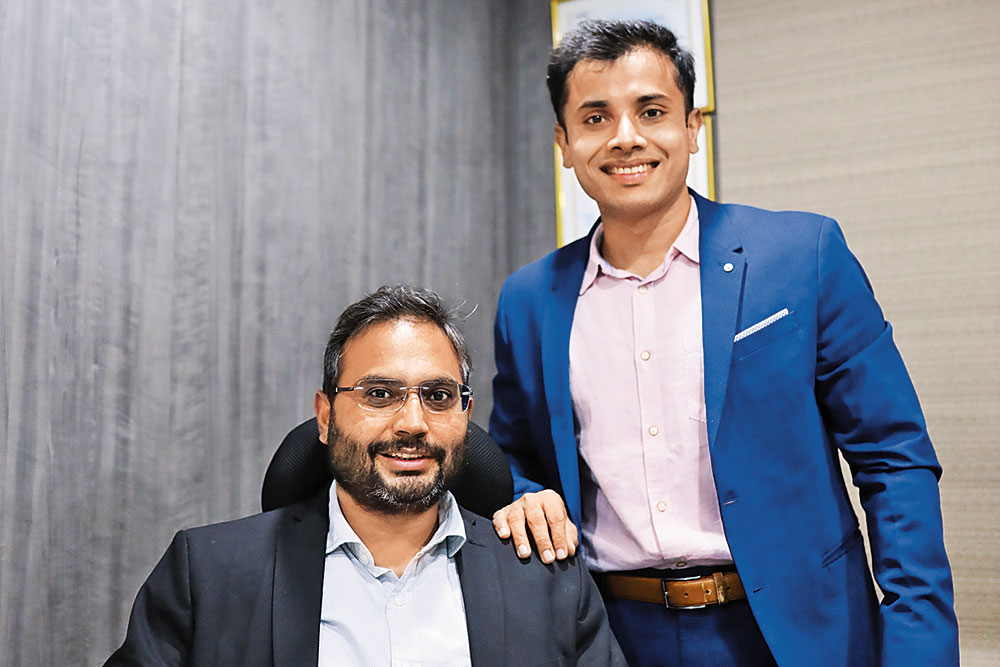Many view their investment portfolio as mere numbers. These numbers can go up or down. But numbers are just a means to an end. The truth is we do not see our investments for what they really are. Money is not simply numbers on a screen. Having money makes sense for a goal. Yes, money matters because the goals matter.
Over the last few years, mutual fund as an investment vehicle has cemented its position among all age groups of investors. Subsequently, systematic investment plans (SIPs) have also gained traction, as it is one of the easiest and most disciplined way to consistently invest into a mutual fund. This is without a doubt a positive development. But this sentiment quickly changes as I realise why investors have initiated a SIP in the first place.
Over the years, as we meet different sets of clients and discuss the benefits associated with SIP as an important tool to create long term wealth which gives you financial freedom, the irony of the SIP journey starts there. While most investors want to achieve financial freedom, very few are ready to stay focused and invested – traits which are required to create long term wealth thereby setting an investor on the path to being financially free.
The challenge is even today investors look at SIP as a saving tool rather than a tool to create long-term wealth systematically. This is reflective in the recent data from the Association of Mutual Funds in India (Amfi), the mutual fund industry body, as well which shows that just 43.1% of industry equity assets remains invested for more than 2 years. While the number of investors initiating SIP is steadily increasing and industry SIP monthly book value too has risen to approximately Rs. 12,000 cr per month, it still remains a far cry on what is actually required to attain financial freedom.
Very often investors believe that starting an SIP of a random amount for the long term is enough to take care of one’s financial requirement. However, this is an erroneous approach. The reason to such an approach can be varied and can be debated to no end. But what is often missed if that financial planning is not just about investing for the long term, it is also about determining the right amount that needs to be invested such that long term goal can be comfortable met and in the meanwhile an investor too can attain financial freedom.
Given this context, let us understand with an example how the right value or amount of an SIP can create wonders over long term and help you be financially free. Furthermore, SIP can also be used to create income replacement in your sunset years. Back of the envelope calculation shows that if you invest 25% of monthly income every month in an asset class which can deliver 12% annualised return (long term), you will be able to generate a corpus in 17 years which can deliver you a monthly income equivalent to the income you would be generating at that time. For this calculation, the annual income growth is considered at 6%.
SIPs, when done with a clear focus on goals and investment timeline, will help generate a better investment experience. To achieve this, it is best to seek the help of a financial advisor who after understanding your source(s) of income, return expectation, goals and the investment timeline will help determine appropriate investment avenues. Also, the advisor will help you with the expected (SIP) amount to be invested every month to achieve the various goals an investor may have.
When done in a systematic manner, one realises that achieving financial goals is not much of a challenge as it is often made out to be. In nutshell, leverage the power of compounding through multi-decadal SIP with a goal-oriented approach rather than randomly starting a SIP of any amount just because everyone else seems to be doing so. Plan ahead, stay invested irrespective of the market conditions and enjoy the fruits of discipline by meeting financial goals in a very comfortable manner.
The views are personal and are not part of the Outlook Money editorial Feature







